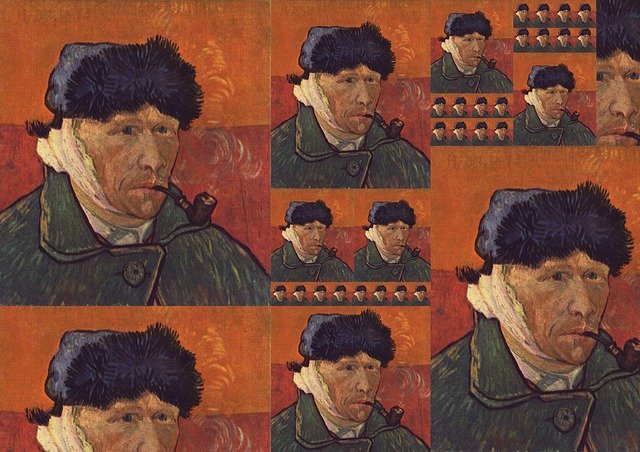
Some people have an extreme fear of dirt or bacteria.
As a result, they may compulsively wash and repeatedly clean their hands or body.
These people are trapped in a vicious circle, because the fear of new contamination returns quickly after washing.
What is worse, they cannot stop their compulsive washing even though the skin on hands or body is damaged or irritated.
These people have what is called obsessive-compulsive disorder (OCD).
Research shows that about 2% of people experience OCD at least once in their life time.
In the disorder, patients have persistent intrusive thoughts, and they try to compensate for it using repetitive ritualized behavior.
Currently, OCD is treat with antidepressants. The medications are also used to treat depression, eating disorders and other mental diseases.
But the problem is that the drugs are non-specific, meaning that they are not tailored to the respective disease.
Therefore, a better targeted therapy that have fewer side effects are needed.
In a recent study, German researchers explore the underlying causes of obsessive-compulsive disorder.
The team believes that this finding is crucial as no clear trigger for this type of disorder has been identified until now.
In previous research, researchers have pointed to multiple factors being responsible for developing OCD.
Occurring in all cells of the body, the protein SPRED2 is found in particularly high concentrations in regions of the brain, namely in the basal ganglia and the amygdala.
Normally, the protein inhibits an important signal pathway of the cell, the so-called Ras/ERK-MAP kinase cascade. When it is missing, this signal pathway is more active than usual.
In the current study, the researchers find that using an inhibitor to attenuate the overactive signal cascade in the animals can improve the obsessive-compulsive symptoms.
Moreover, the team was able to treat the OCD with an antidepressant, similarly to standard therapy in humans.
The findings are published in the journal Molecular Psychiatry.
The link between OCDs and the Ras/ERK-MAP kinase cascade also opens up new targets for therapy.
Drugs that inhibit this cascade are already available and some of them are approved for human treatment.
These are cancer drugs, as overactivation of the Ras/ERK-MAP kinase cascade is also a frequent trigger of cancer.
The researchers believe that their study delivers a valuable new model that allows the disease mechanisms to be investigated.
It also provides new therapy options for obsessive-compulsive disorders.
Copyright © 2018 Knowridge Science Report. All rights reserved.



